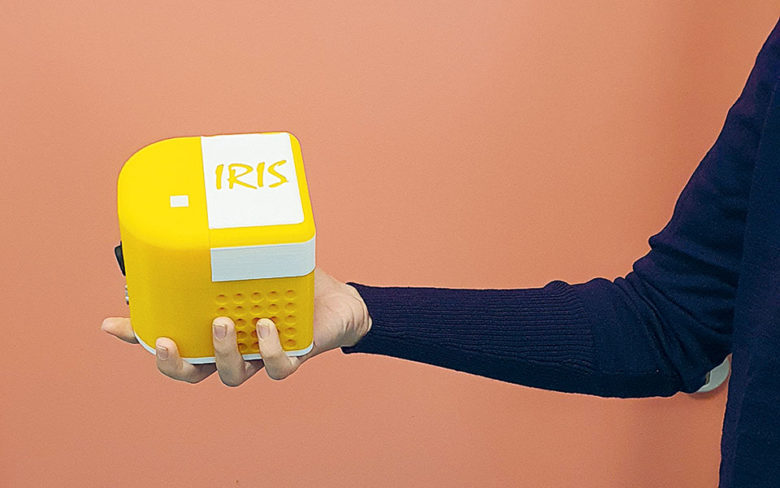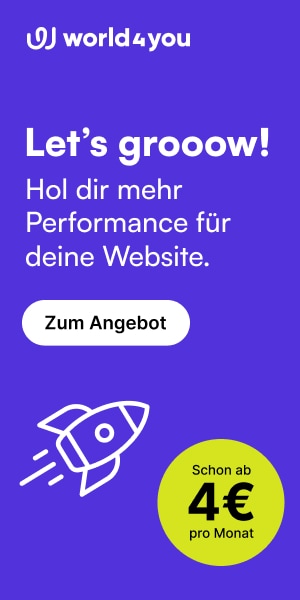Iris: The Greek Portable Device That May Be Able To Detect COVID-19 at Your Home

When it comes to developing the first COVID-19 vaccine, one thing is certain: the race between companies is fierce, as each competitor is trying to patent its vaccine candidate and lobby with governments to enter the global market as soon as possible. Amidst this new kind of chaos, the Greek startup BioPiX-T stood out by choosing a different approach to the crisis by developing a portable device for performing molecular analyzes to detect the virus in collaboration with the Greek public institutions. Iris is a hand-held device that has the capacity to revolutionize how COVID-19 detection tests are performed as it can register the presence of the virus in around 30 minutes, and show the results through a mobile app. According to the tests performed by BioPiX-T in collaboration with the Institute of Technology and Research in Crete and the Foundation of Research and Technology Hellas (FORTH), the device shows 97% sensitivity in detecting the SARS-CoV-2 mRNA. Iris is expected to hit the market at the beginning of next year.
The Technology Behind
As noted by Dr. George Papadakis, co-founder of BioPiX-T, Iris is a type of rapid test which can detect the virus directly, through biological samples, such as smears and saliva. This allows for the diagnostic test to be performed outside the laboratory, at airports, hotels, clinics, and even at one’s home. Other main advantages of the device are its size (it weighs around 370 grams), and the fact that its creation will probably cost around €1K, compared to the PCR molecular analysis machines that weigh more than 5 kg, and whose production cost is €10K. “Molecular detection of the virus through the device has been found to provide the same reliable results as the standard coronavirus test,” according to Dr. Papadakis. Iris can be controlled by one’s smartphone and can analyze up to 8 samples at the same time. “Our goal is to enter the market at a cost of around €25, although this always depends on the charges of the end-user,” added Sergios Katsaros, head of Commercial & Finance at startup BioPiX-T.
Innovation and the Role of Public and Private Institutions
In a nutshell, Iris wouldn’t have come into existence, if it wasn’t for the support of different actors from both the public and the private sphere. Although BioPiX-T was founded in December 2019, as a Spin-Off company from the Institute Of Molecular Biology and Biotechnology at FORTH, it underwent rapid growth which was stimulated by several Greek institutions and foundations. The first Iris prototype was created in April 2019 with funding from the “Proof-of-Concept” program of the Patras Science Park, which hosts many of Greece’s public and private tech projects. The company was also supported with European funding of €2.4M for the immediate certification and release of the device in 2020. At the same time, in September 2020, the company received an undisclosed amount of funding from the Greek investment capital Metavallon VC and other Greek private investors.
It is not all about competition
In accordance with its philosophy, BioPiX-T focuses not on competition, but rather on building a next-generation technology that can transform the outlook of rapid COVID-19 testing. “All companies try to secure their copyright and their effort through patents, patents. But the conditions and magnitude of the pandemic require open data, which will be accessible to scientists so that we can have faster research, safer development of vaccines and drugs and at the same time inform the scientific community about developments,” said Professor N. Tavernarakis, president of FORTH.
What is next?
Immediately after its release, Iris will be available for testing only by qualified medical personnel. As mentioned by Dr. Papadakis, the company has already received requests for testing from countries from Africa, Asia, and Europe. Upon its release, the device will also be able to detect influenza A. Later, the range of tests will be expanded to include other infectious respiratory diseases as well as some of the sexually transmitted diseases, company officials share. After the release of the product, the company is planning to proceed to their second round of financing (Series A), to attract international institutional investors who will facilitate their international expansion. The global COVID-19 rapid testing market is expected to reach a value of nearly €12.6M in 2020 (before contracting dramatically with the mass spread of a reliable vaccine), so it is definitely a good start for such an idea.




























